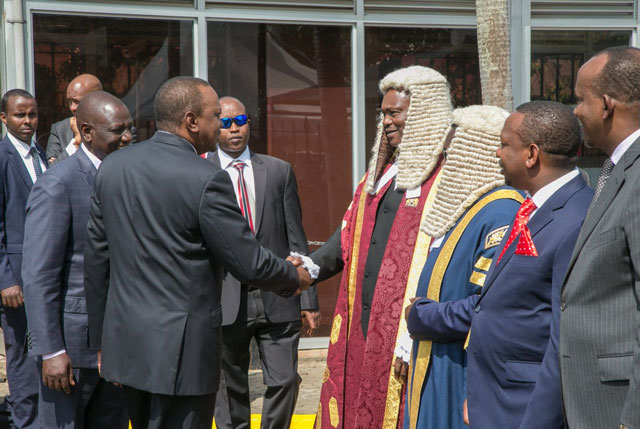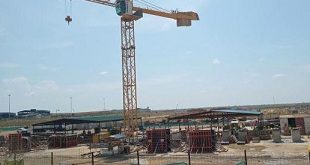
A new election is set down for October 26, however the opposition has announced its withdrawal from the vote, further deepening anxiety over how the process will unfold.
Service industries account for almost half of Kenya’s gross domestic product, but agriculture and manufacturing employ the overwhelming majority.
“If those sectors are not doing well… then purchasing power actually subsides and that eventually filters through to the wider economy,” he said.
Partly thanks to elections, growth is now predicted to fall below five percent for the first time in more than four years.
“Economic activity is the sacrificial lamb,” said Qureishi.
– ‘Politicians are rich’ –
But growth figures do not reflect the reality of everyday Kenyans and especially casual labourers who look for work day-to-day and are struggling more as business slows.
“Prolonged political uncertainty has a more substantial impact on the average Kenyan, on smaller firms, rather than the larger corporates,” said Qureishi.
The thousands of minibus taxis, known as matatus, that ply Nairobi providing transport to the masses reported a 30 percent decline in turnover during September, said Simon Kimutai, president of the Matatu Owners Association.
“People move less, that is very representative,” he said.
Meanwhile, in the upmarket business district of Kilimani, Judy Njogu, an assistant manager at a car dealer, says she is selling fewer than five cars a week, compared with at least 10 in normal times.
“We have a lot of corporate clients and they are a bit sceptical about spending money right now,” she said.
Back in Kibera, John Kebaso who owns a building materials shed, watched passers-by despondently, few of them stopping in the neighbourhood’s many little shops, including his.
“In the government and the opposition, the people fighting are rich people,” he said. “They are people who do not understand the problems of the little mwananchi.”
 The Independent Uganda: You get the Truth we Pay the Price
The Independent Uganda: You get the Truth we Pay the Price



